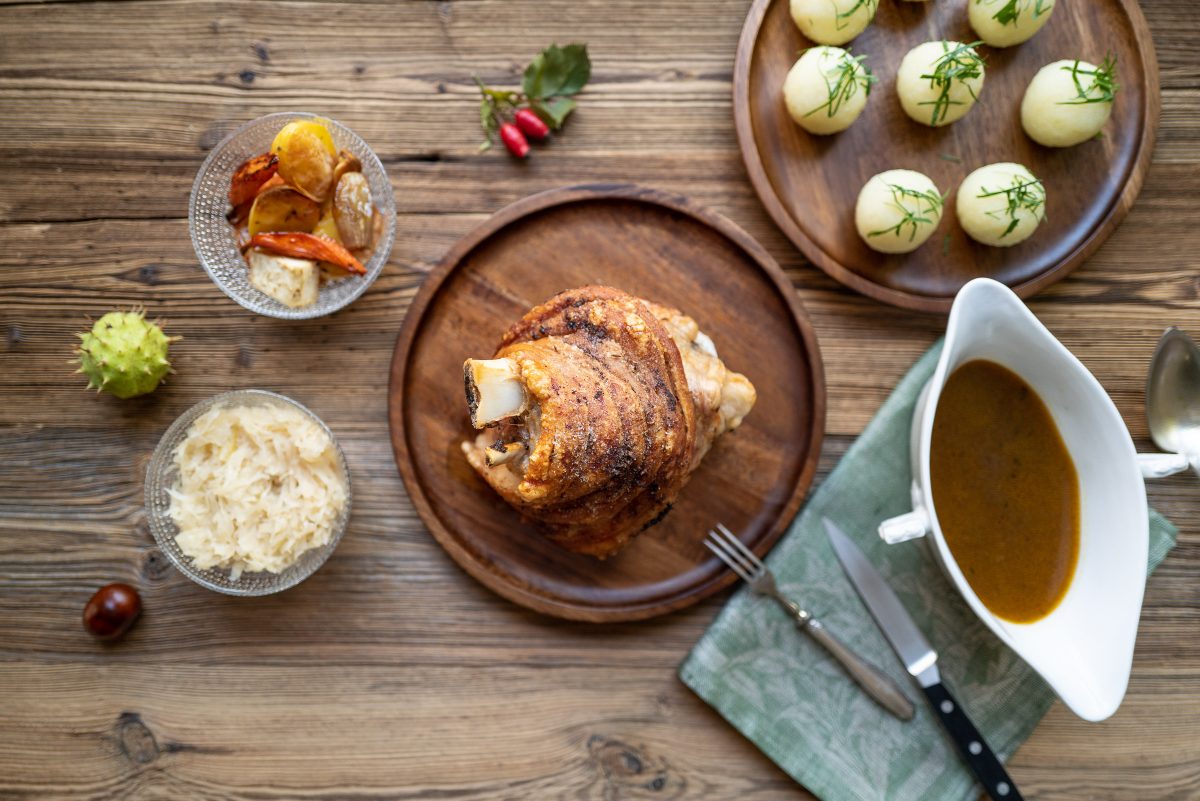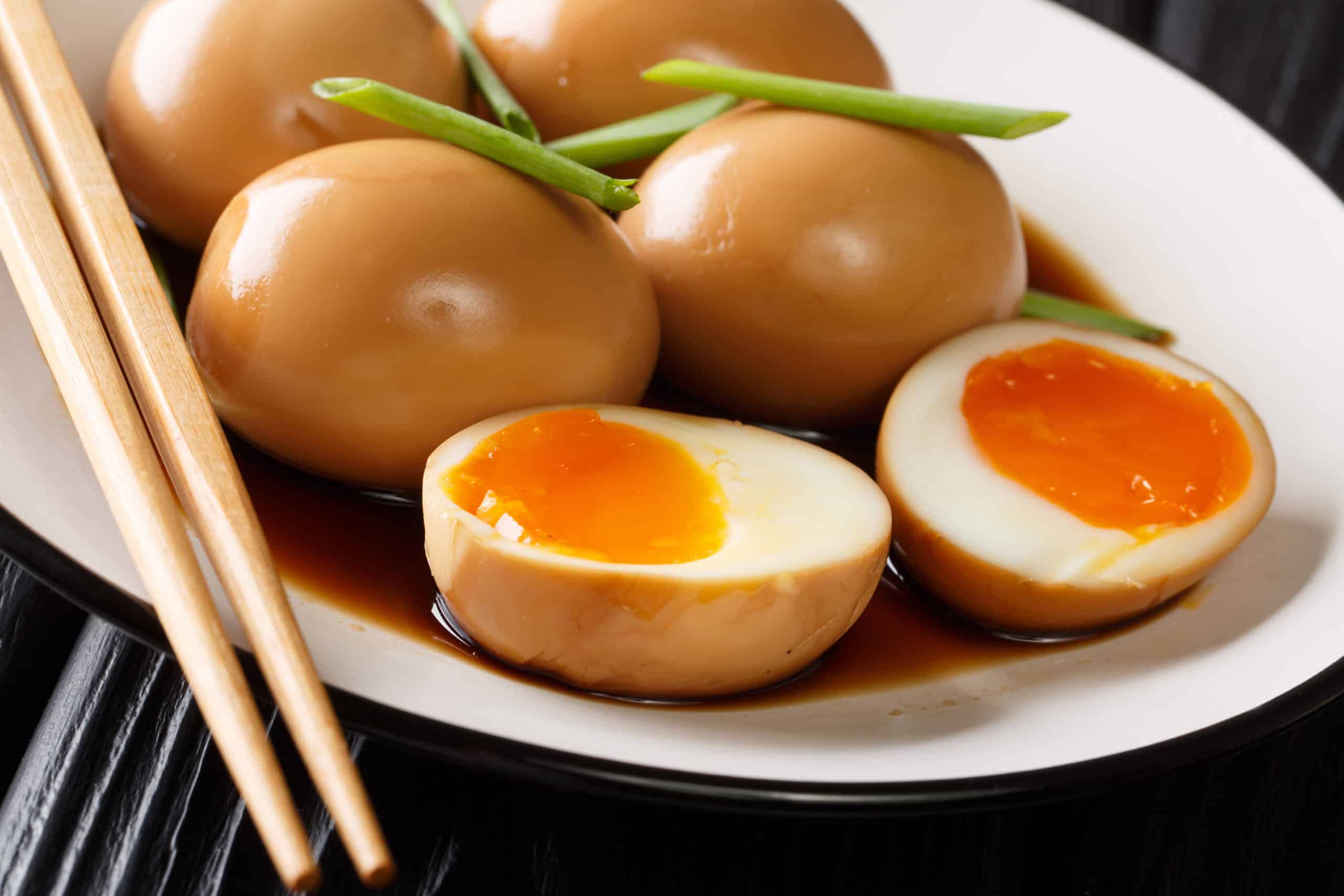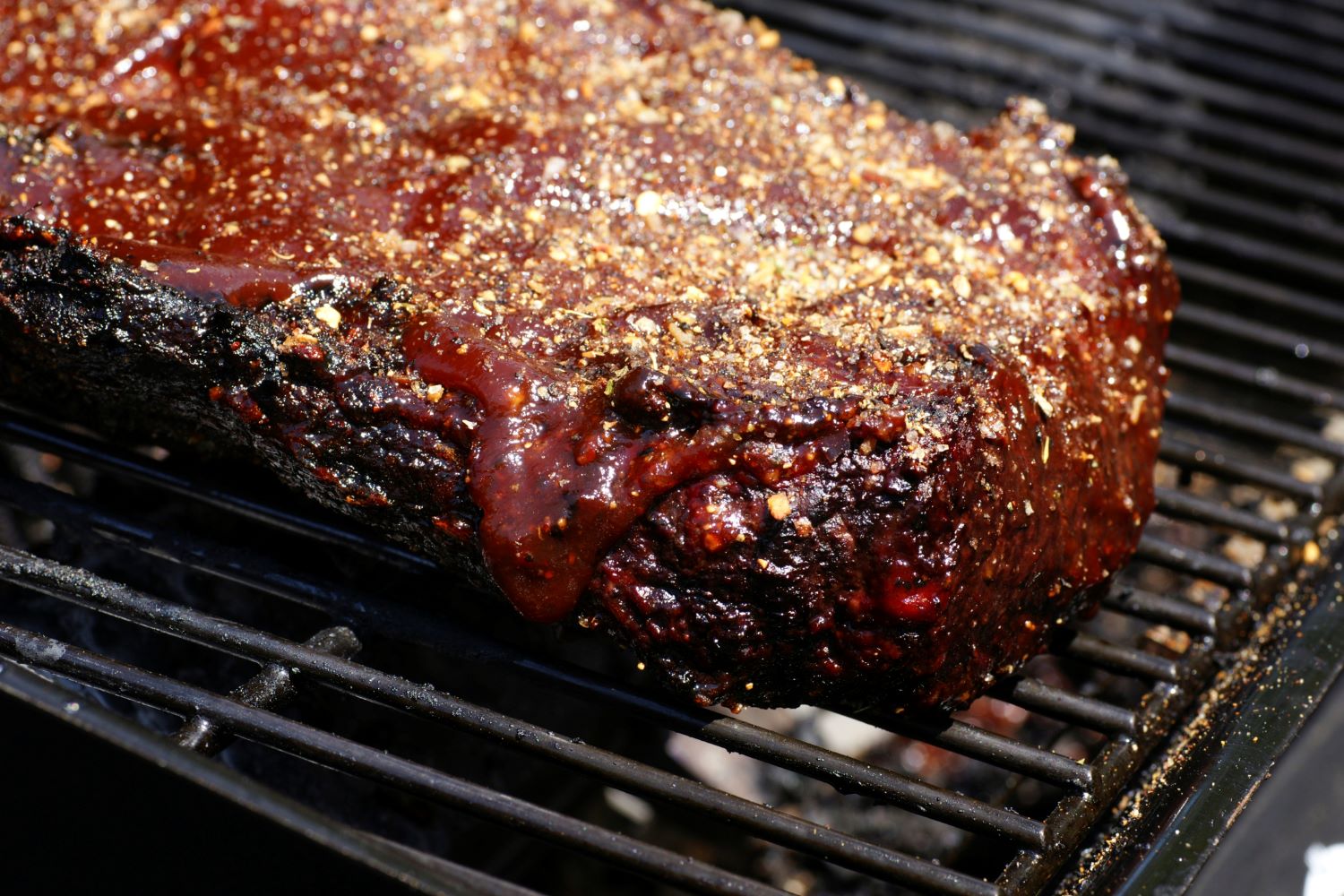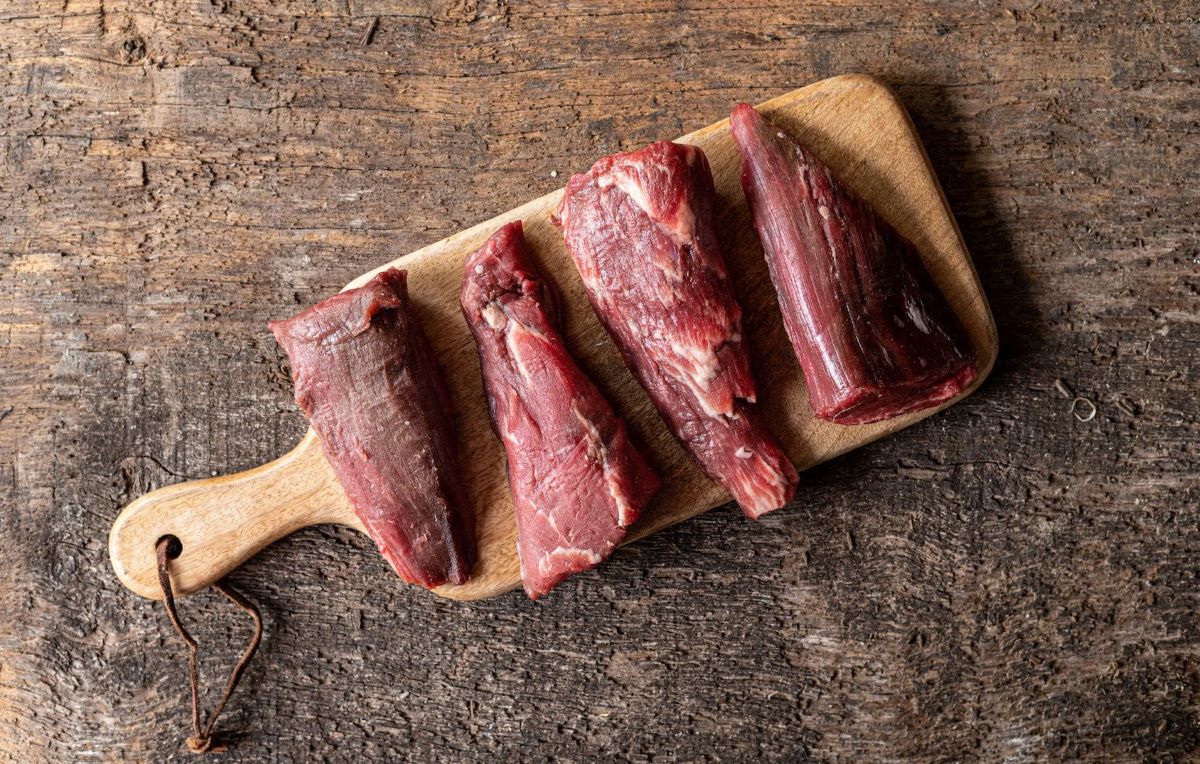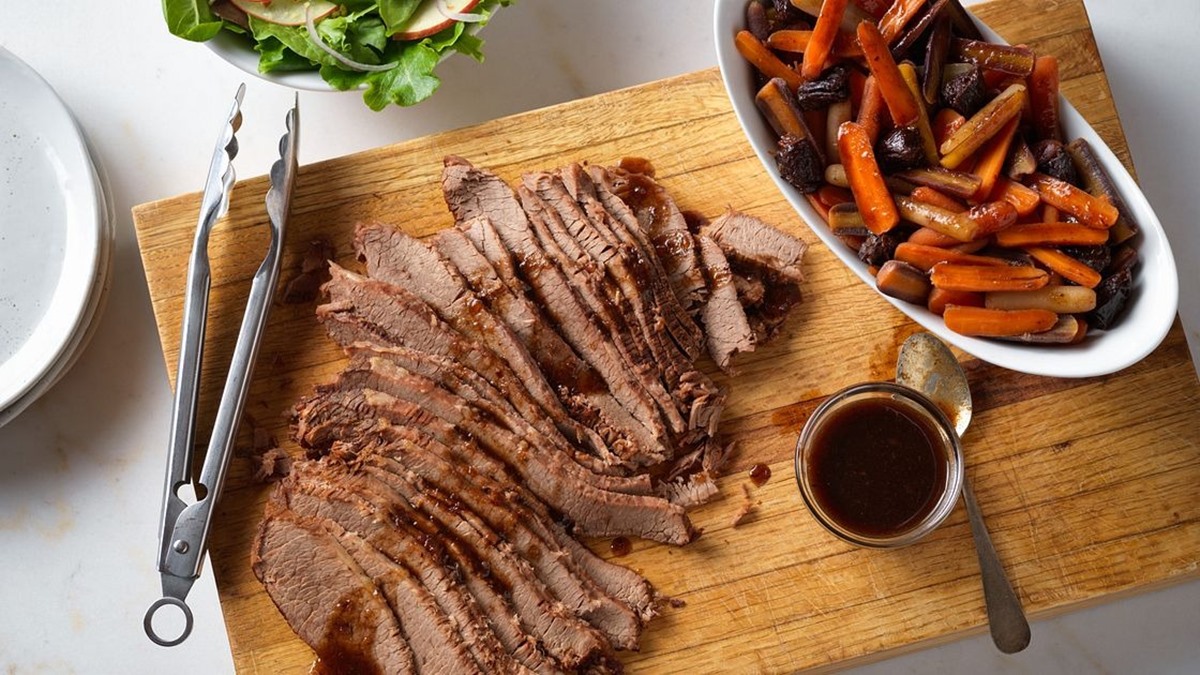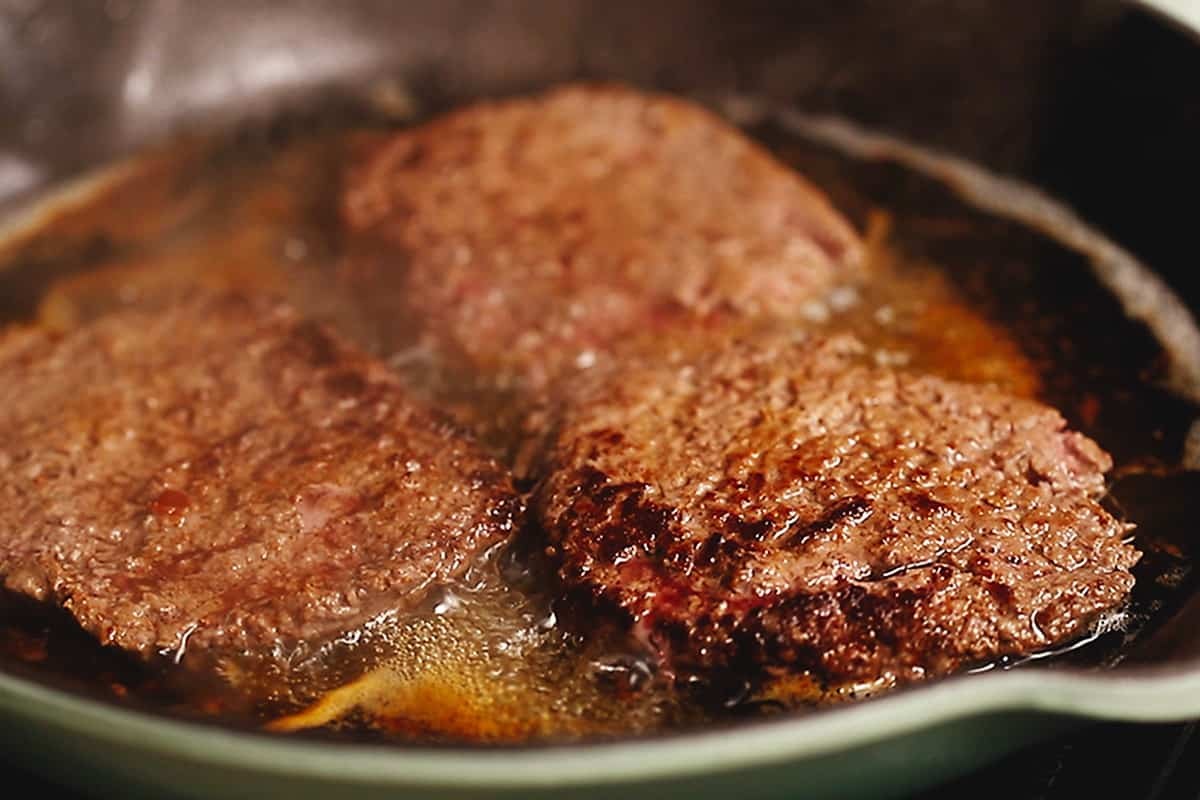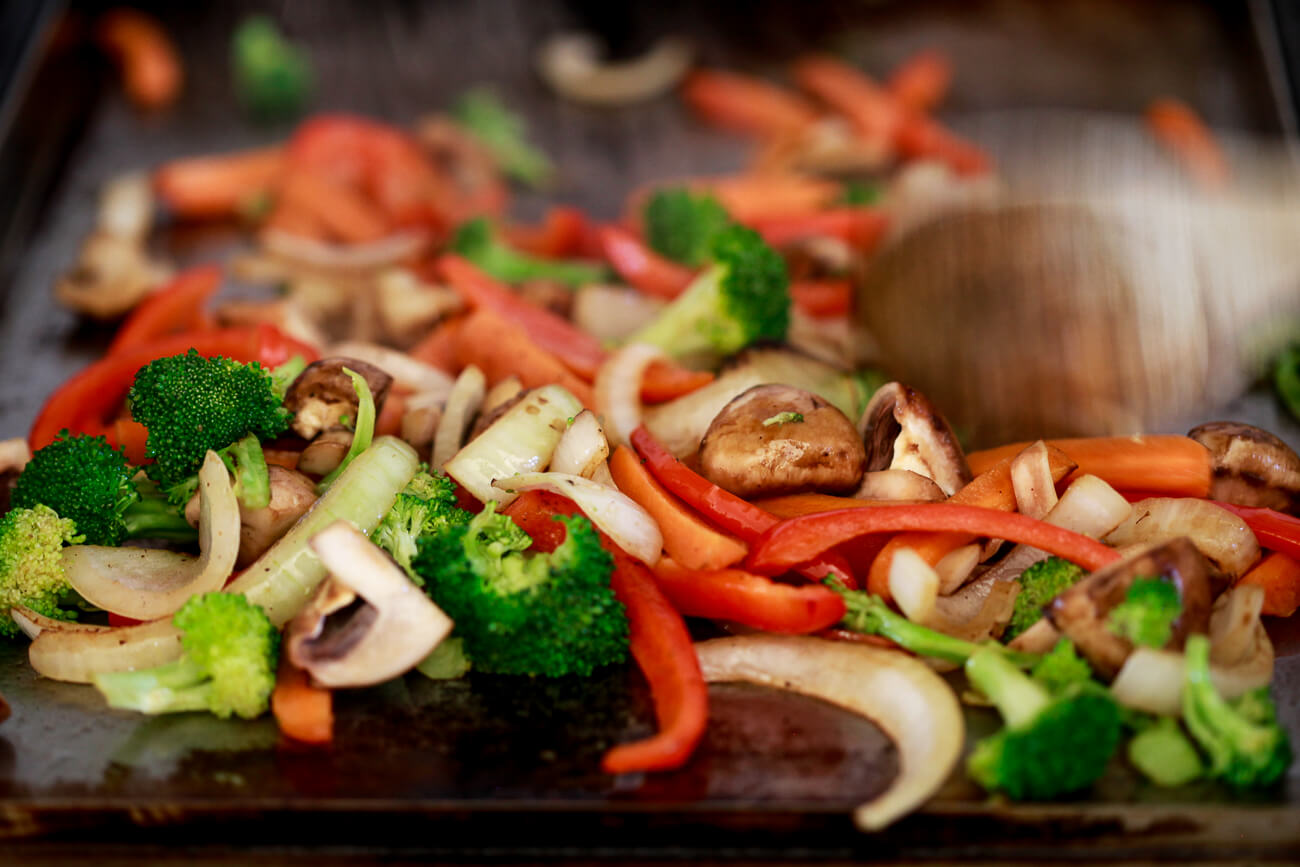Unlock the Secret to Tender Stew Meat
There’s nothing quite like a hearty, flavorful stew on a chilly evening to warm you from the inside out. But let’s face it, nobody wants to sink their teeth into tough, chewy stew meat. The key to a deliciously tender stew lies in how you cook the meat. In this post, we will unveil the secrets to perfectly tender stew meat that will melt in your mouth.
Choose the Right Cut
When it comes to cooking stew meat, not all cuts are created equal. To achieve that melt-in-your-mouth tenderness, opt for cuts that are known for their collagen content. Collagen is a protein that breaks down during the cooking process, resulting in tender meat. Ideal choices for stew meat include chuck, round, or brisket.
Marinate for Flavor and Tenderness
A flavorful marinade does wonders for both taste and tenderness. Before you start cooking, take the extra step of marinating your stew meat. This not only infuses the meat with additional flavors but also helps to tenderize it. Some excellent marinade options include red wine, Worcestershire sauce, soy sauce, or a combination of aromatic herbs and spices.
To marinate your stew meat:
- Place the meat in a shallow dish or resealable bag.
- Pour the marinade over the meat, making sure it is fully submerged.
- Cover or seal the dish or bag and refrigerate for at least one hour, or overnight for even better results.
Slow and Low: The Cooking Technique
Now that you have your perfectly marinated stew meat, it’s time to cook it to tender perfection. The key here is to employ the slow and low cooking technique. Cooking stew meat over low heat for a longer duration helps to break down collagen, resulting in irresistibly tender meat.
To cook your stew meat:
- Heat a large, heavy-bottomed pot or Dutch oven over medium heat.
- Add a small amount of oil and allow it to heat up.
- Remove the meat from the marinade, allowing any excess marinade to drip off. Reserve the marinade for later.
- Place the meat in the pot and brown it on all sides. This adds flavor and helps create a rich, deep-colored stew.
- Once the meat is browned, pour in the reserved marinade and enough liquid (such as beef broth or water) to cover the meat.
- Reduce the heat to low, cover the pot, and let the stew simmer gently for at least 2-3 hours. The longer you cook it, the more tender the meat will become.
Test for Tenderness
After the cooking time has elapsed, it’s essential to test the stew meat for tenderness. Use a fork to gently pierce the meat; if it goes in easily and the meat pulls apart effortlessly, then it’s perfectly tender. If it’s still slightly tough, continue cooking for a bit longer until desired tenderness is achieved.
Enjoy Your Tender Stew Meat!
Now that you’ve mastered the art of cooking stew meat to perfection, it’s time to savor the fruits of your labor. Serve your tender stew meat with hearty vegetables, aromatic herbs, and a side of crusty bread. Whether you’re making a classic beef stew or trying out a new recipe, your tender meat will take your stew to a whole new level of deliciousness.
Remember, choosing the right cut, marinating, utilizing the slow and low cooking technique, and testing for tenderness will transform your stew meat into a melt-in-your-mouth sensation. So, get ready to impress your family and friends with your newfound stew meat tenderizing skills!
Explore Delicious Recipes and More Ways to Utilize This Guide
Once you've mastered the art of cooking tender stew meat, a world of flavorful recipes awaits your culinary prowess. Venture into traditional and exotic dishes alike by trying out the Classic Beef Stew, where the simplicity lets the tenderness of the meat shine. For a touch of Irish heritage, the Irish Beef and Guinness Stew adds a robust flavor. If you're in the mood for something rich and fulfilling, the Hearty Beef Bourguignon and Slow-Cooked Beef Brisket Stew are must-tries due to their depth of flavor and hearty ingredients. Each recipe provides a unique way to apply the techniques discussed, making every meal a testament to your skills in the kitchen.

